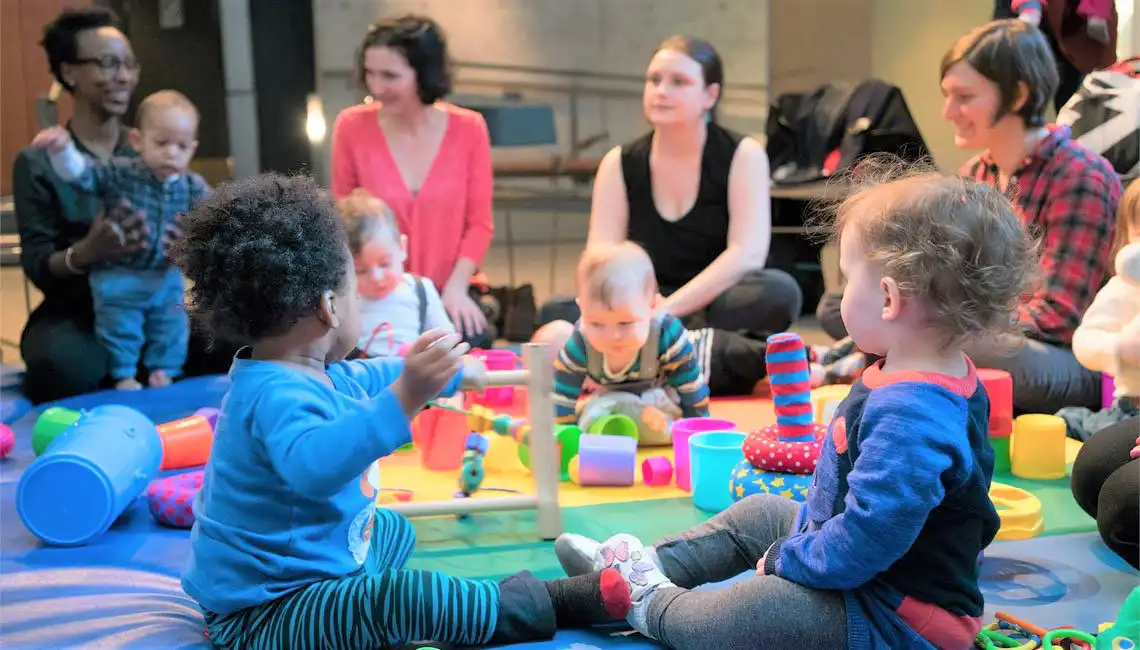With the advent of the COVID-19 vaccine, many parents have taken the initiative to ensure their young ones are safeguarded against the virus, similar to getting an annual flu shot. However, an equally significant number of parents have decided not to, citing anxieties about the vaccine's safety profile.
This article aims to clarify information about getting your youngster vaccinated against COVID-19, particularly in the face of various contradictory guidelines, messages, and stories about its recommendation and safety.
Renowned sources suggest that getting your kid vaccinated against COVID-19 is crucial, assuring parents that the available vaccines are safe and effective with minimal to no side effects. The occurrence of COVID-19 resulting in hospitalizations among children yearly makes it more essential for your child to receive vaccination updates.

"The COVID-19 vaccine still appears to safeguard children against severe COVID-19 cases," says Gina Posner, M.D., an established pediatrician at MemorialCare Medical Group, California. She affirms the studies exploring whether it's likewise protecting kids and adults from getting long COVID, with results suggesting some degree of protection.
This article provides an in-depth look at what we currently know regarding COVID-19 vaccinations for younger children, focusing on their safety, effectiveness, eligibility, vaccine administration, and potential side effects.
The vaccine shields young children from becoming seriously ill from the virus, which continues to spread across the country. Starting at 6 months old, children can receive the Pfizer-BioNTech or Moderna vaccines. Experts stress the importance of vaccination for everyone eligible, even those with previous COVID-19 infection.
Research corroborates that the COVID-19 vaccine is very safe. Like all other vaccines, it undergoes rigorous research and approval processes to guarantee its safety for both adults and children. Moreover, the CDC claims that the existing COVID-19 vaccines have received the 'most intense safety monitoring in U.S. history.'
Children can and should receive the annual COVID-19 shot if accessible, according to pediatricians and other medical health professionals. The Pfizer-BioNTech and Moderna shots have full FDA approval for use in those 6 months and up.
In October 2023, the FDA also approved an updated version of the Novavax for emergency use for those aged 12 and up, along with a new one for the 2024-2025 season. The updated versions, which better target the latest circulating strain(s), became available in September 2024 for everyone, especially children aged 6 months and up.
In May 2025, new announcements from the U.S. Department of Health and Human Services (HHS), overseeing the Centers for Disease Control and Prevention (CDC), stated a reversal on their stance regarding the COVID-19 shot for healthy children and expecting mothers. They plan to retract the recommendation for these populations to receive annual vaccines pending further research.
The American Academy of Pediatrics (AAP) and the American College of Obstetricians and Gynecologists (ACOG) criticized this decision and reiterated their endorsement of vaccine administration for children and pregnancy. Earlier, HHS and CDC supported annual COVID-19 shots for children 6 months and above, pregnant women, and all other adults.
The vaccine is still free for most children in the U.S., and most insurance plans cover the vaccine costs. However, for those without insurance or whose plans do not cover vaccines, they can avail of a free shot from a local provider participating in the Vaccines for Children program.
If your child is younger than 6 months old, you should take steps to protect her from COVID-19 and other illnesses until she is old enough to get vaccinated. Some parents may even require that caregivers and relatives be updated on their vaccines before visiting their newborns.
According to the CDC, babies and toddlers can receive either the Pfizer-BioNTech or Moderna vaccines depending on regional availability and family preferences. Dosing schedules are dependent on type, previous vaccination, and the child's age.
Everyone eligible for the vaccine, including those previously infected with COVID-19, should get vaccinated, as recommended by the CDC. Get the vaccine to potentially diminish the likelihood of contracting COVID-19 again.
Children aged 6 months or older should get an updated COVID-19 vaccine annually, as recommended by the CDC. This is similar to the annual flu shots targeting the latest circulating strains of COVID-19, giving the best protection against the virus.
The COVID-19 vaccines are safe for infants and young children. Like all other vaccines, it has gone through thorough research and approval processes to ensure its safety for adults and children alike. CDC states that the COVID-19 vaccines had 'the most intense safety monitoring in U.S. history.'
The vaccines will not cause children to contract the virus, and any reported side effects are deemed normal and minimal. Such side effects can mirror the child's immune system functioning effectively to develop protection against the virus. However, medical consultation is advised if parents have any concerns post-vaccination.
Finally, vaccination proves crucial for protecting the health of your child and the community around them. By getting your child vaccinated, you are playing a significant role in suppressing the spread of the virus, particularly to those who may be more susceptible to serious illness or those who are unable to receive vaccination.
Although children were not included in the initial trials, subsequent vaccines have been adjusted and tested to cater to younger children's needs. Now, parents can feel confident in knowing there's a safe and effective way to protect their children from COVID-19.